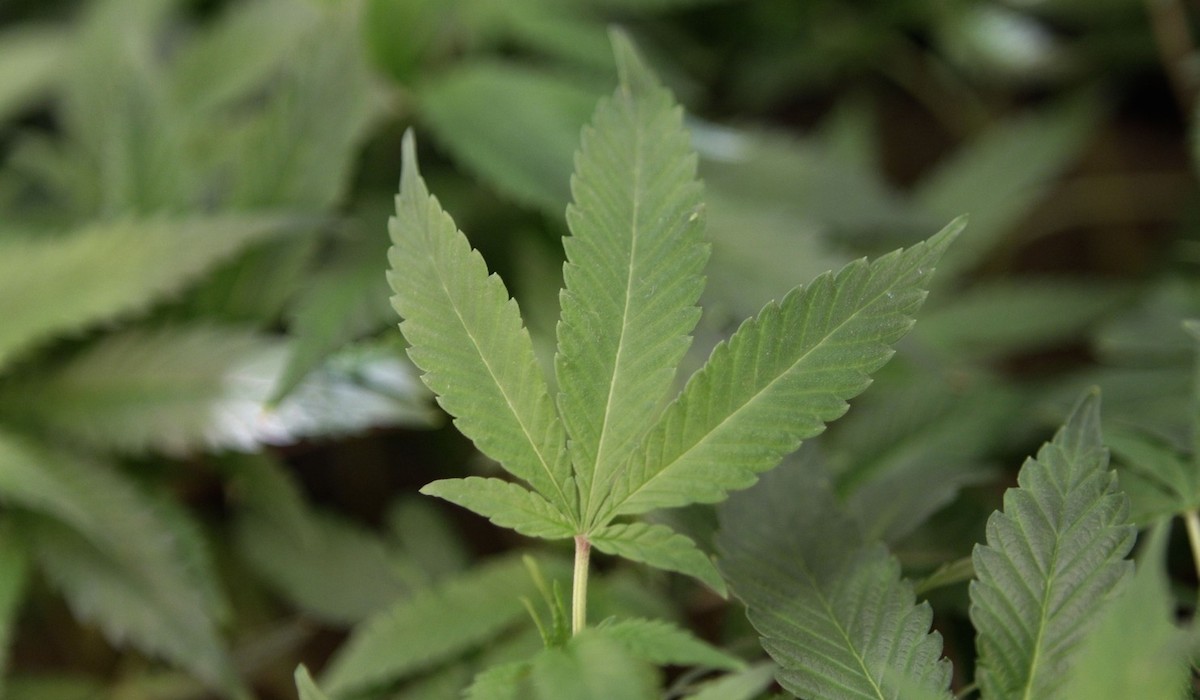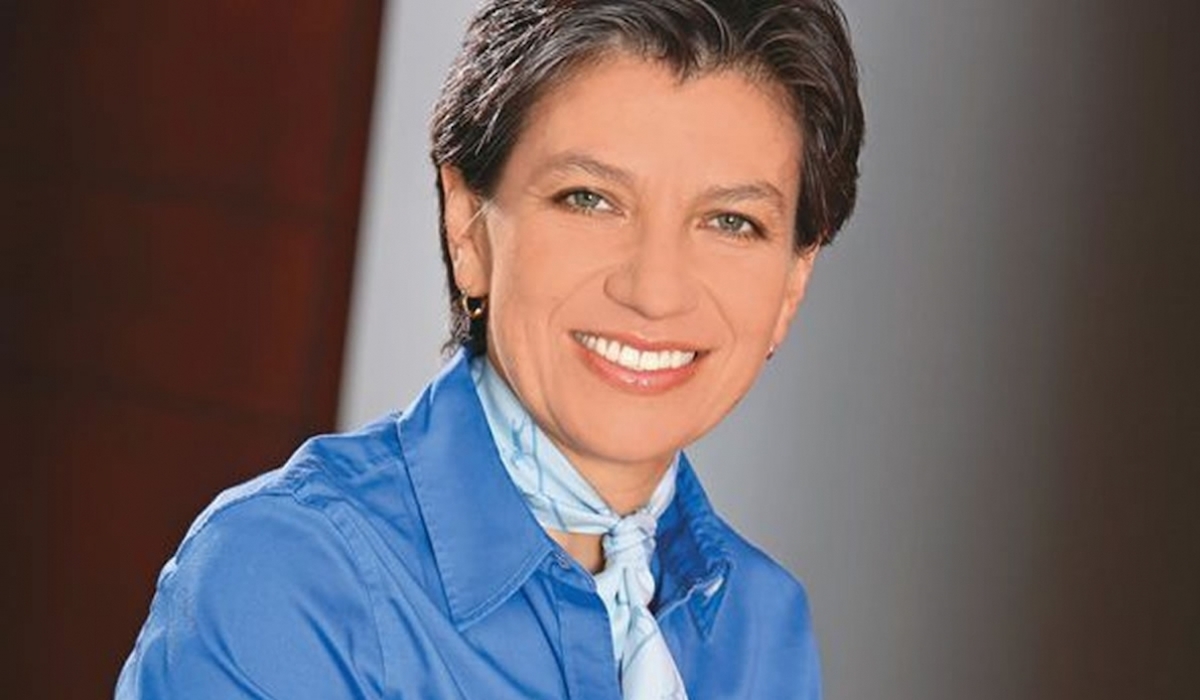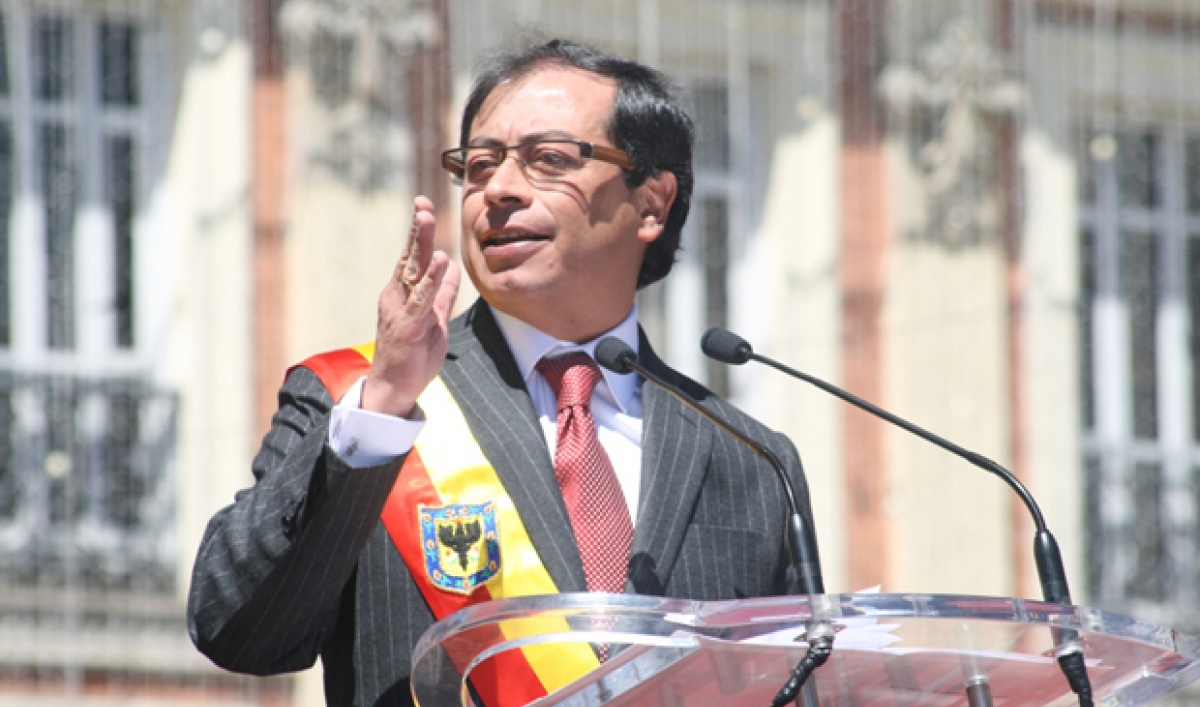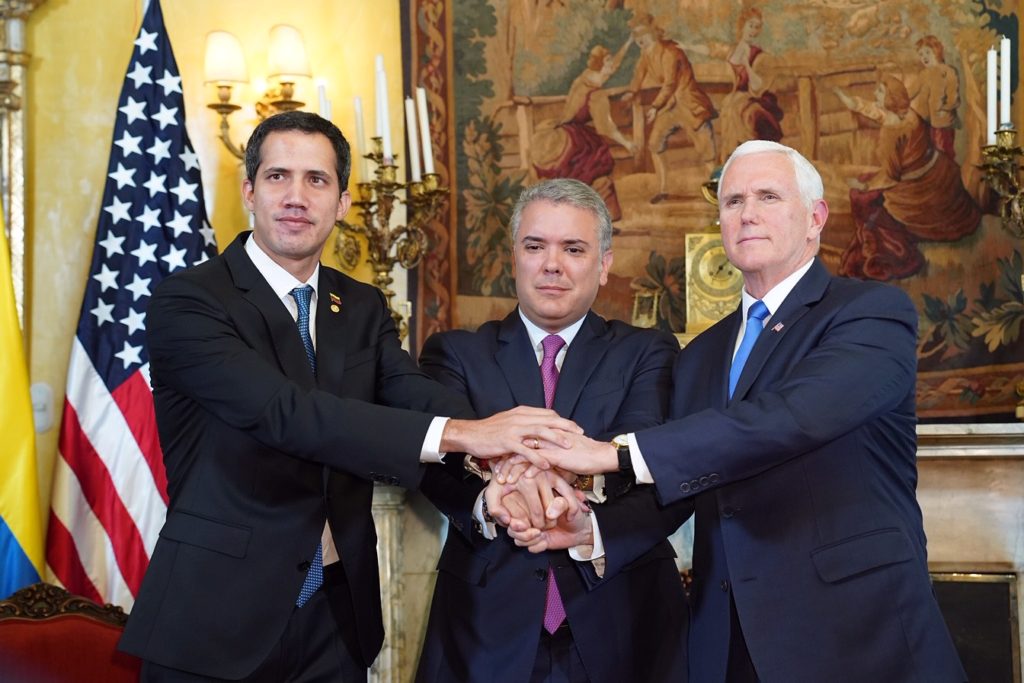Colombian Libertarian party presidential candidate Juan de Zubiria has defied conventional wisdom in Colombian politics and challenged the status quo with several controversial proposals. He has proposed school vouchers, eliminating the country’s VAT (IVA) tax, and drastically reducing the size of government.
But Zubiria’s most controversial platform position is perhaps his proposal for the complete legalization of the drug trade in Colombia, something that would mark a seismic shift in the country’s drug policy.
The underlying reason that Colombia’s left supported negotiations with the FARC, an organization which subjugated Colombia for half a century and was responsible for more than 220,000 deaths, was to achieve a lasting peace. However, in spite of the 2016 Havana Accords, criminal and guerrilla organizations in the country are stronger than ever.
Cocaine exports reached an all-time high in 2016, and a reported 92% of cocaine that enters the United States currently comes from Colombia. Criminal groups such as the Urabeños have used gangs to harass citizens in Medellín’s Altavista neighborhood with impunity, and FARC dissidents, those who refused to sign the accords, have continued their campaign of violence.
The root cause of all of these problems still exists. That cause is drug trafficking.
FARC’s power was derived from the billions of dollars that they made in drug trafficking. The groups that have moved to fill their vacuum are profiting from that same drug trade.
Zubiria’s proposal is to eliminate drug trafficking by legalizing drugs. Until that is done, he argues, drug trafficking will continue to persist, with different names, faces and groups. If you legalize drugs and eliminate the drug trade, you eliminate the power that criminal groups hold, along with their profit line.
Criminal syndicates in Colombia not only make money from the sale of drugs, but the drug trade creates parallel economies and independent enforcement. Money from the drug trade is laundered into the economy through businesses that would not otherwise be viable. In regions with coca plantations, criminals become enforcers in order to protect their interests.
Drug legalization would therefore empower Colombia to control the drug market and would force paramilitary groups to find another form of funding, one which would not be nearly as profitable.
Ironically, there was virtually no mention of the drug trade during government negotiations of the 2016 Havana Accords, even though it was drug sales that powered the FARC terrorist group. There have been no concrete measures to fight the phenomenon, and there was no attempt to force the FARC to surrender the billions in profits that they garnered from illegal activities.
Colombia has already entered into advanced negotiations with the ELN terrorist organization. But there are more than a dozen criminal groups operating in Colombia, each of which is armed and powered by the drug trade. However, just like the FARC, critics believe that an agreement with the ELN will only result in more open territory that the rest of Colombia’s criminal organizations will quickly fill.







